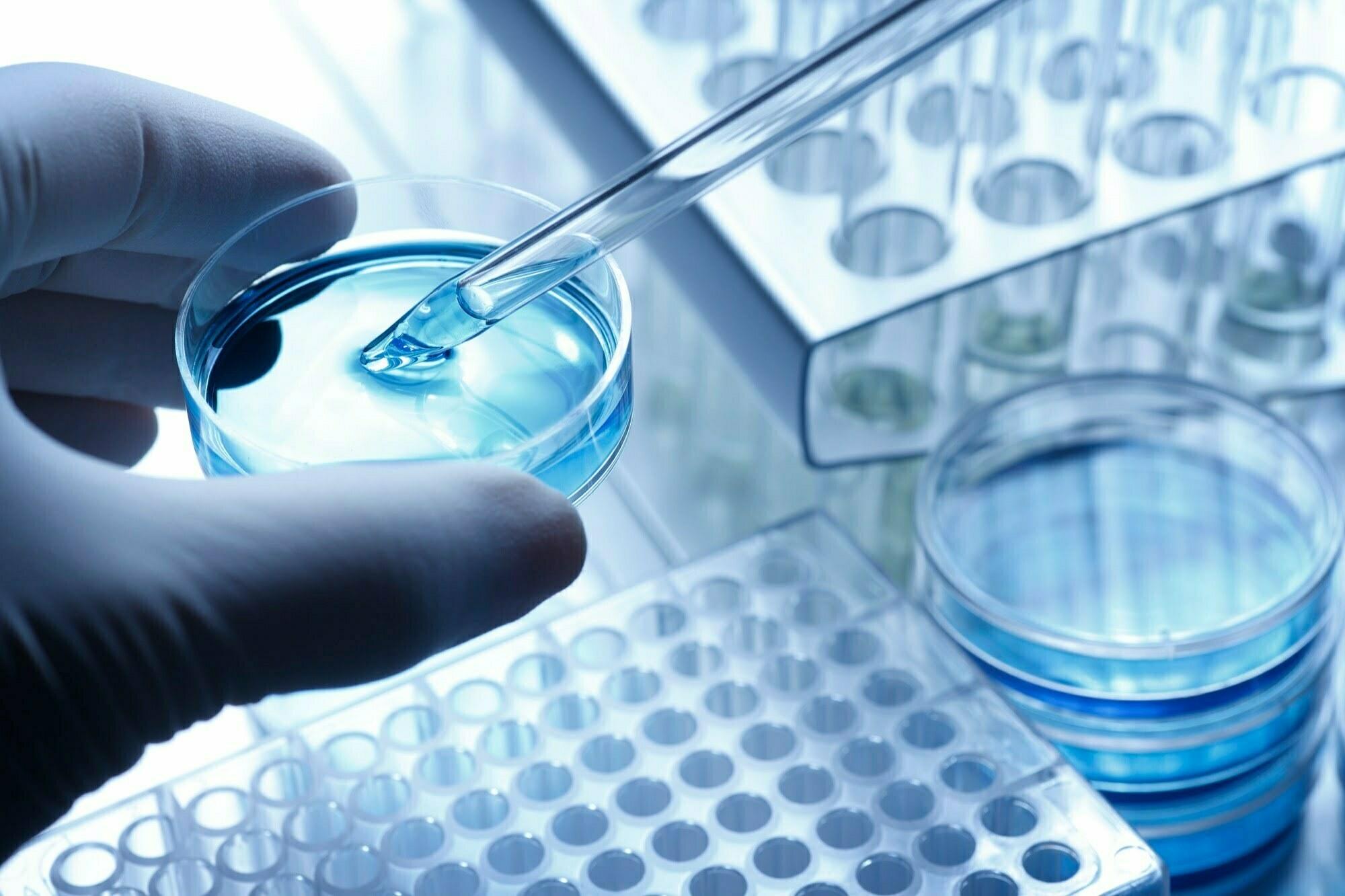Jun 26
2024
Why Is Cell Line Development Crucial For Biologics?

Biologics have revolutionized the field of medicine, offering advanced treatments for a wide range of diseases, including cancer, autoimmune disorders, and genetic conditions. These therapies, which include complex molecules such as monoclonal antibodies and therapeutic proteins, are produced using living cells.
As a result, the development and optimization of cell lines are critical steps in the production of biologics. This article delves into the importance of cell line development for biologics, highlighting the key components and the role of specialized services in ensuring the success of biologic therapies.
Understanding The Role Of Cell Line Development
Cell line development involves creating and optimizing cell lines that can produce the desired biologic product efficiently and consistently. These cell lines serve as the foundation for the production of biologics, making them a crucial component of the entire manufacturing process. The cells used in biologics production are often derived from mammalian sources, such as Chinese hamster ovary (CHO) cells, due to their ability to produce complex proteins with human-like post-translational modifications.
Key Steps In Cell Line Development
The development of a cell line for biologics production involves several critical steps, including:
— Gene Insertion: Introducing the gene of interest into the host cells to produce the desired therapeutic protein.
— Selection: Screening and selecting cell clones that exhibit high productivity and stability.
— Expansion: Scaling up the selected cell line to produce larger quantities of the biologic product.
— Characterization: Conducting thorough testing to ensure the cell line’s genetic stability, productivity, and safety.
The Importance Of Cell Line Development For Biologics
Ensuring Consistent And High-Quality Production
One of the primary reasons why cell line development is crucial for biologics is its role in ensuring consistent and high-quality production. The stability and productivity of the cell line directly impact the efficiency of the manufacturing process and the quality of the final product. A well-developed cell line can produce the biologic product at high yields and with the necessary purity and potency required for therapeutic use.
Organizations specializing in cell line development services provide the expertise and infrastructure needed to develop and optimize cell lines that meet the stringent requirements of biologics manufacturing. These services play a critical role in maintaining the consistency and quality of biologic therapies.